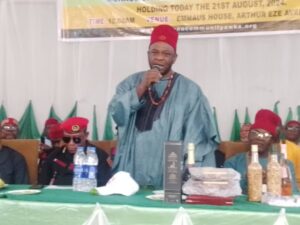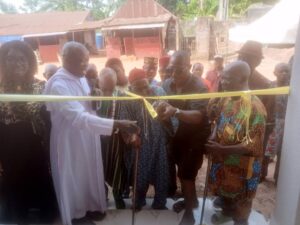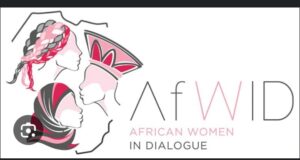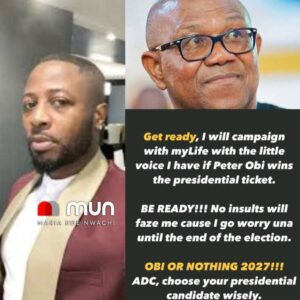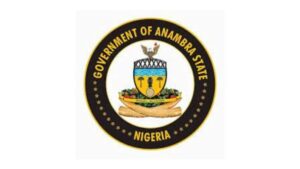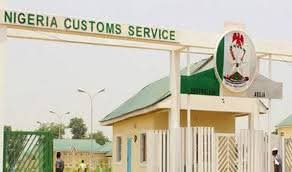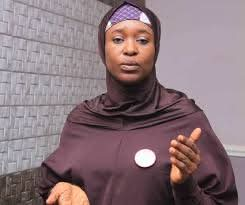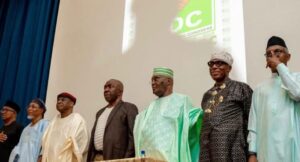Problematic threat
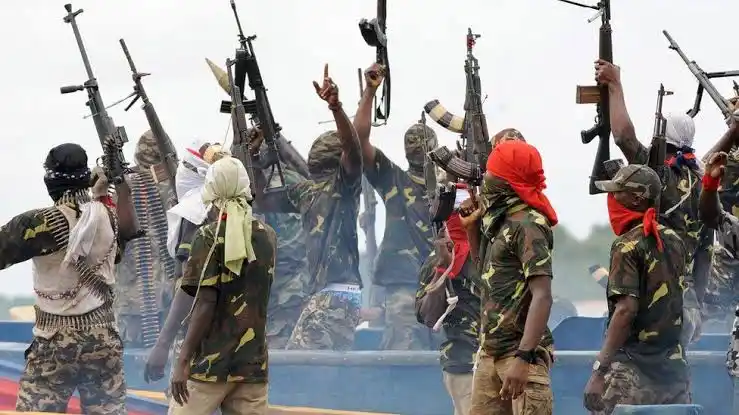
Insecurity is casting a long shadow on the off-cycle governorship elections in Bayelsa, Imo and Kogi states fixed for November 11, and the Independent National Electoral Commission (INEC) has again voiced concern at the trend.
The commission, in a statement last week, urged political parties and their candidates to shun actions and utterances that could heat up the polity ahead of the poll. Its spokesman and national commissioner in charge of information and voter education, Sam Olumekun, said: “The commission is concerned about the spate of insecurity and violence, including clashes among supporters of political parties and candidates in the forthcoming elections. In our engagement with political parties, the commission has constantly called on parties to rein in their supporters from actions capable of jeopardising the peaceful conduct of elections in Nigeria.” He added that the commission would continue to closely monitor the situation and sustain its engagement with security agencies and other stakeholders to ensure peaceful conduct of elections in the three states.
Just as the electoral chieftain spoke, the commission scheduled another high-level parley with National Security Adviser (NSA) Nuhu Ribadu and helmsmen of the security services to firm up plans towards ensuring safe conduct of the imminent polls. The meet, under the aegis of the Inter-agency Consultative Committee on Election Security (ICCES), is being co-chaired by the NSA and the Chairman of INEC, Professor Mahmood Yakubu.
Speaking on the sidelines of the mock accreditation in Kogi State at the weekend, Yakubu was upbeat, saying: “We are on top of the situation in terms of security arrangement and deployment.” At an ICCES meeting in July, he called on security agencies to tackle perpetrators of the insecurity menace. “As we review the conduct of the last general election, we also need to focus our attention on the forthcoming by-elections and the three off-cycle governorship elections in Bayelsa, Imo and Kogi states… Already, there are ominous signs in the form of violent clashes between opposing political parties and candidates,” he had said, adding: “While maintaining strict neutrality, security agencies should take decisive action against purveyors of violence and other undemocratic activities such as vote buying, attacks on election officials and disruption of the electoral process.”
The concern INEC voiced underscored the political culture in our country – in the present instance, in the three states heading into the November polls where campaign in the public kicked off on July 14 and is billed to end midnight on November 9, twenty-four hours before election day. Before now, there were a litany of cases of violence in those states. In Kogi, the political space has been characterised by inciting rhetoric, threats and actual incidents of violence involving key actors. For instance, both state governor Yahaya Bello, whose preferred candidate is All Progressives Congress (APC) flagbearer Ahmed Ododo, and Social Democratic Party (SDP) flagbearer Yakubu Ajaka have had their respective motorcade ambushed by gunmen, with each fingering the other as the mastermind. A radio station was looted and destroyed by hoodlums armed with guns and other dangerous weapons, after they beat up the staff and security guards on duty.
In Imo, there was a gory feast on September 19 when gunmen laid siege on a joint security team of soldiers, police, and civil defence corps personnel at the sleepy Umualumaku community, in Ehime-Mbano council area, and burnt them to ashes in their patrol vehicles. A separatist group calling itself ‘Biafran Revolution Army’ claimed responsibility for the attack and threatened more violence to ensure no election holds in the state or any other part of what it called “Biafra land” on November 11.
And that wasn’t the only incident of violence lately in the state. Others include killings and sundry attacks on traditional rulers and security agents, and the July killing of 14 youths reportedly returning from a wedding to their community in Otulu, Oru East council area.
Neither have political actors helped matters with their fiercely adversarial rhetoric in the course of electioneering. In Bayelsa, there have been flashpoints of violence in Nembe, Brass, Ekeremor and Southern Ijaw council areas, with stakeholders – notably traditional rulers – canvassing civility on the part of political actors so as not to aggravate the already tense situation.
Part of the challenge is that fomenters of violence were not apprehended and brought to book by security agents. It is reassuring, though, that they’ve said they are on top of the game for the coming polls. But it also helps if less desperation characterises the political culture such that gladiators do not see their participation in the elections as zero-sum, and they should rein in supporters. A toxic polling environment not only endangers voters who come out to exercise their franchise, but also electoral staff deployed for the conduct of the election. We cannot run democracy on those terms and it is in political actors’ enlightened self-interest to redress.


